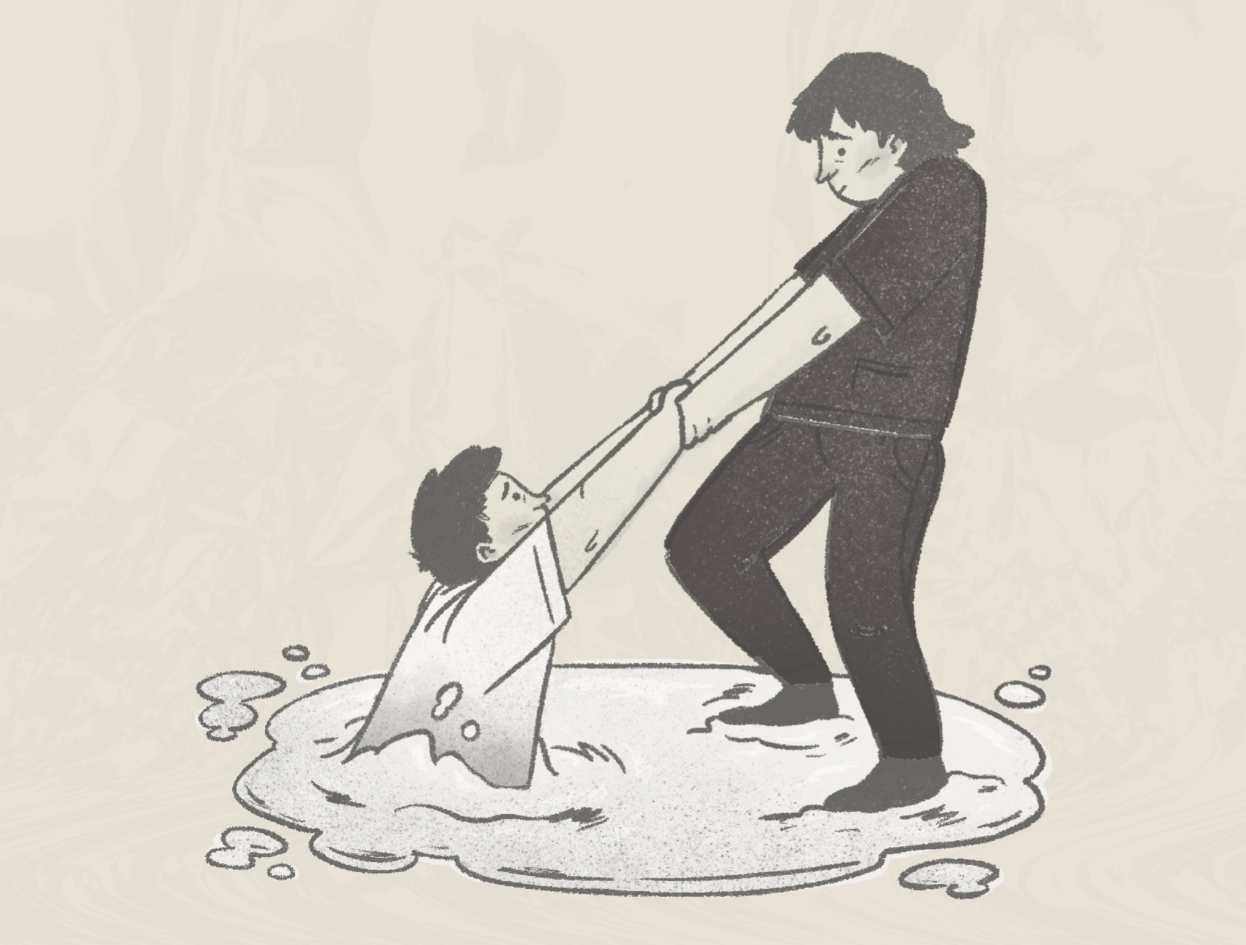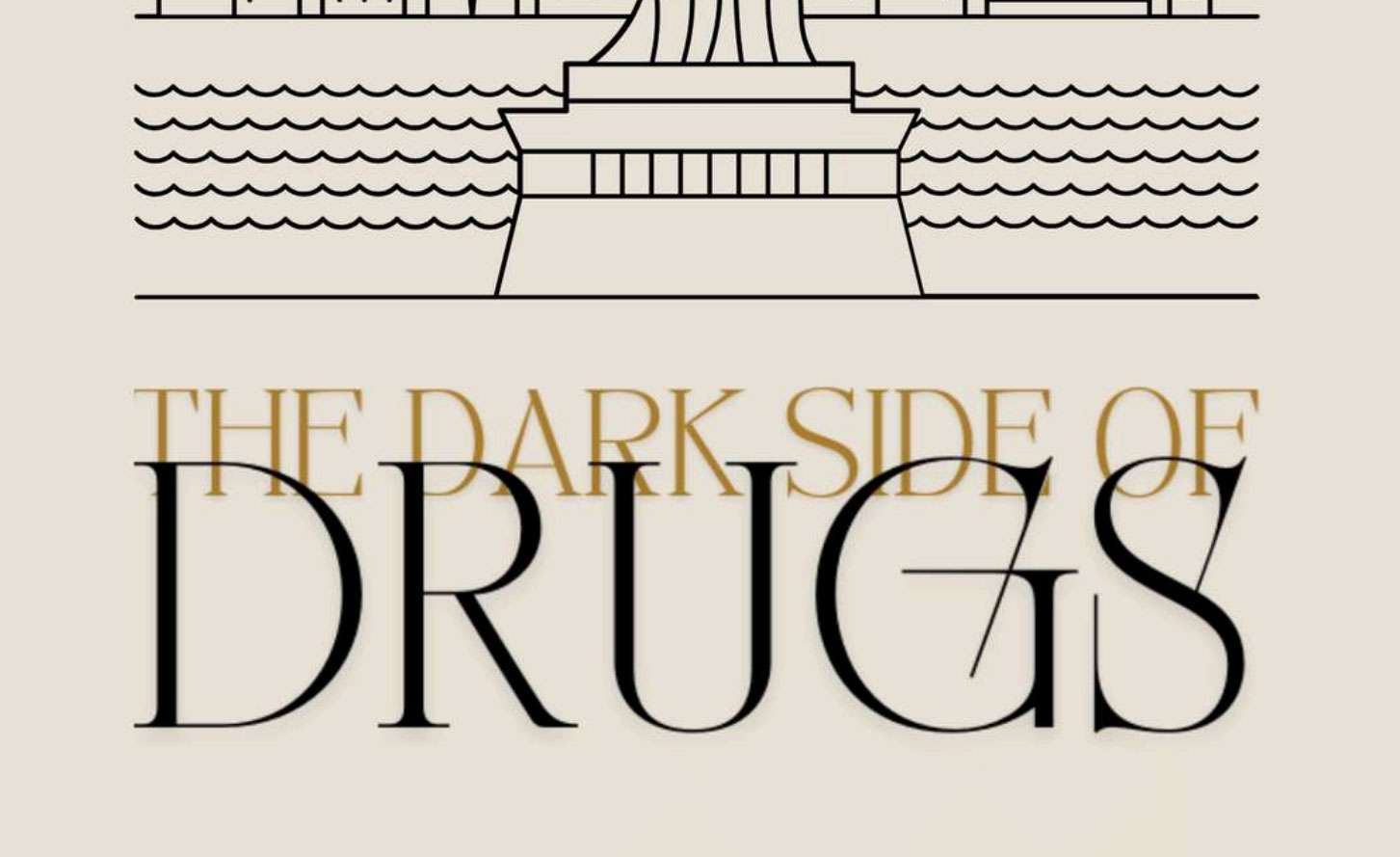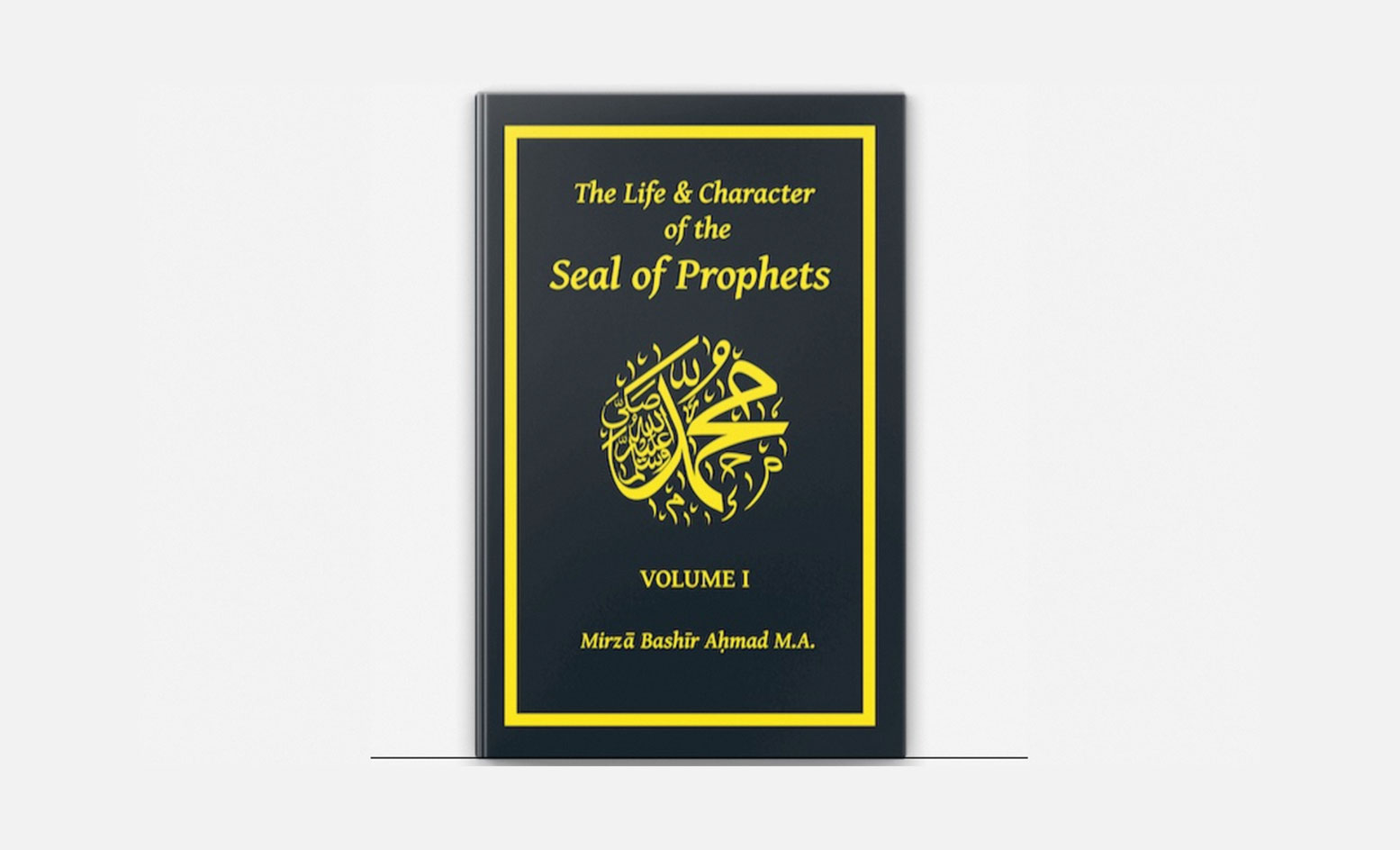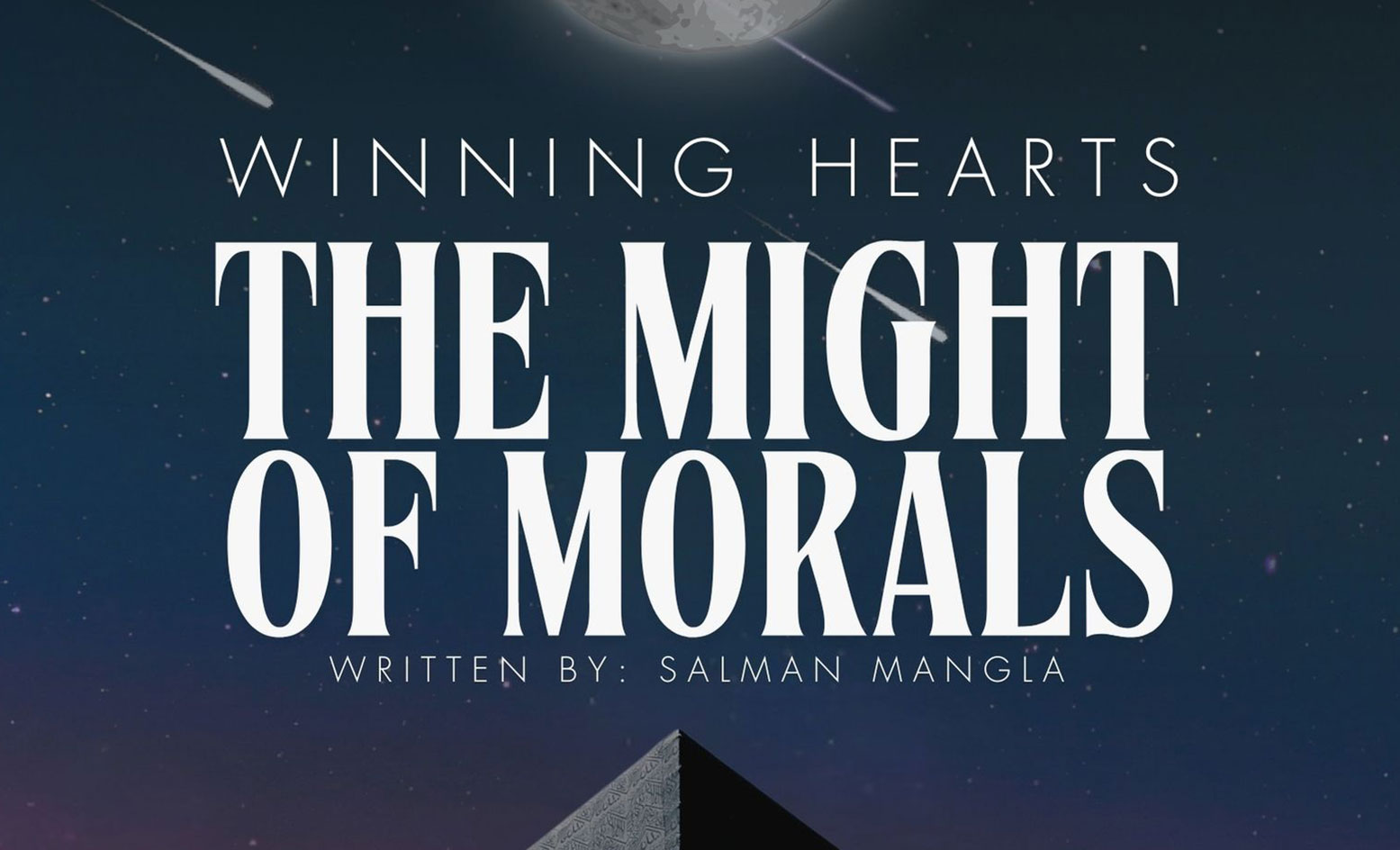In society’s shadows, there’s a dangerous trap that catches millions, offering false promises and endless pain. This trap is the world of drugs, where shortlived happiness quickly turns into a long-term suffering. Drugs attract people with the idea of escape, fun, & relief, but soon trap them in a cycle of dependency and misery.
At first, trying drugs might seem harmless or exciting – a break from boredom or a way to cope with pain. But this is just the beginning. What starts as a choice to experiment can quickly turn into a need for the next fix, the next high. This is the trap: a journey that begins with the illusion of control but soon becomes addiction.
The cruel irony is that the very substances that promise freedom from stress and pain become the chains that imprison. The initial euphoria fades, replaced by a relentless craving that takes over the mind and soul. Relationships suffer, health declines, and dreams fall apart, all sacrificed to addiction.
The real cost of this trap isn’t just physical; it’s the profound impact on the human spirit. Drugs, with their deceptive appeal, ensnare individuals in a cycle of destruction, leaving behind shattered lives and broken dreams. For Muslims, there’s a deeper understanding of why drugs won’t fill the void in the heart.
In the Quran, Allah says, “Verily, in the remembrance of Allah do hearts find comfort” (Quran 13:29). This means that true peace and comfort come from remembering and connecting with Allah, not from temporary and harmful escapes like drugs. Drugs might seem like a quick fix for feelings of emptiness, stress, or sadness, but they only lead to more pain and suffering. The emptiness people try to fill with drugs is a spiritual void that can only be truly filled by turning to Allah. When we remember Allah and follow His guidance, our hearts find the true peace and contentment we’re searching for.
Islam teaches us that every difficulty is a test and an opportunity to grow closer to Allah. Instead of turning to drugs, which only lead to destruction, Muslims are encouraged to turn to prayer, Quran, and support of the community.
These are the real sources of strength and comfort that can help us overcome any challenge. By staying close to Allah and seeking His guidance, we can find the true happiness and peace that drugs can never provide.
Allah is always there for us, ready to fill our hearts with His light and mercy, if we only turn to Him.
Drugs have a profound and damaging impact on the brain, fundamentally altering its ability to experience pleasure and joy from everyday activities. When a person uses drugs, they flood the brain with chemicals that significantly increase the release of neurotransmitters like dopamine. This rush of dopamine creates intense feelings of euphoria and pleasure, far exceeding what the brain experiences from natural rewards such as food, social interactions, or hobbies.
Over time, this artificial spike in dopamine causes the brain’s reward system to become desensitized. The brain reduces its natural production of dopamine and decreases the number of dopamine receptors to compensate for the overwhelming chemical influx from drugs. As a result, the person finds it increasingly difficult to experience pleasure from normal, everyday activities.
The things that once brought joy, like spending time with loved ones, pursuing hobbies, or achieving personal goals, no longer provide the same level of satisfaction. This hijacking of the brain’s reward system leads to a vicious cycle of dependency.
As natural sources of pleasure become less effective, individuals feel compelled to continue using drugs to achieve any sense of joy or relief.
This cycle, not only entrenches addiction, but also causes deep emotional and psychological suffering. The brain’s altered state makes it nearly impossible to feel happiness or contentment without the drug, leading to a life dominated by the relentless pursuit of the next high.
Moreover, the damage to the brain’s reward system can have longlasting effects, even after someone stops using drugs. Recovery involves more than just detoxing the body; it requires retraining the brain to find pleasure in natural, healthy activities again.
This process can be slow and challenging, underscoring the importance of comprehensive support and rehabilitation programs that address both the physical and psychological aspects of addiction.
If you or someone you know is struggling with dependency on drugs it is critically important to seek professional medical help by contacting your family physician who can help guide you through the process of living a life free of substances, where you can make real change.





